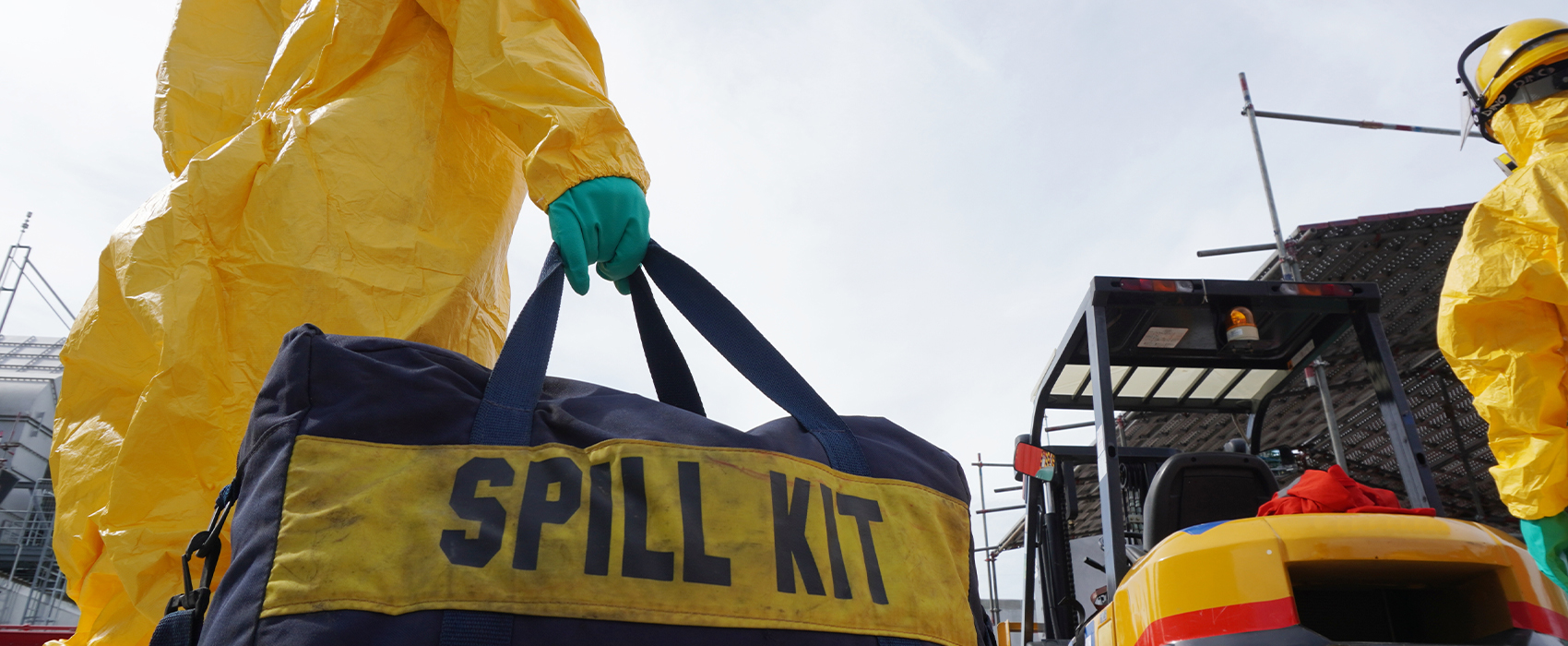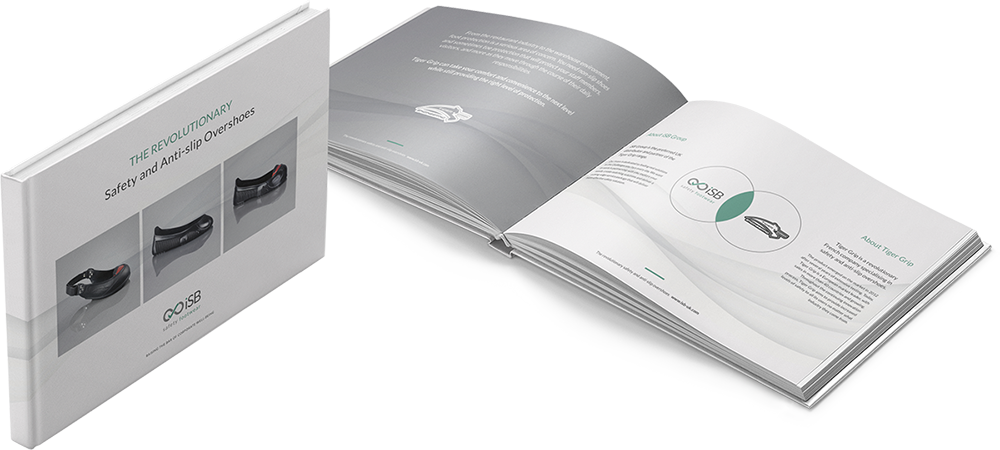
Greenwashing in workwear and PPE: what to look out for
What is greenwashing and why should you look out for it when purchasing workwear and PPE? Nick Grinnell tells us more…
What is greenwashing in workwear and PPE?
Greenwashing is a form of marketing ‘spin’ which involves organisations misleading their customers by pretending to be more environmentally responsible than they actually are.
With business and society putting more and more emphasis on sustainability, there is increasing pressure on manufacturers in particular to improve the environmental credentials of their products.
In reality, there is a lot of work that goes into this. It might include:
- Switching to sustainable and ethically-sourced raw materials, such as 100% recycled materials
- Reducing the environmental impact of their manufacturing processes to use less water or energy, and to limit waste
- Reducing their carbon footprint by sourcing materials closer to home
- Achieving and sustaining a relevant environmental certification
- Establishing and maintaining strong supplier relationships to ensure integrity throughout the supply chain
- Maintaining product quality, performance and longevity throughout any changes.
We know from working with manufacturers who have been through this process that it takes time and great effort to get to the point where you can legitimately claim to offer products that are ‘carbon neutral’, ‘made from 100% recycled materials’ or ‘net zero’.
It is perhaps then not surprising that some manufacturers skimp on their due diligence, or skip elements of the task entirely and resort to disinformation to keep up with their competitors.
But how can you as the customer tell genuinely environmentally-friendly products from those that aren’t? There are a few things to look out for:
Avoiding greenwashing #1: Country of origin
The Environmental Performance Index compares the sustainability credentials of 180 countries around the world. While this doesn’t speak to the performance of individual manufacturers in those countries, it does give a strong indication of the level of control over dishonest practices, so is a helpful tool in understanding and evaluating the risk of a product not being what it claims to be.
Avoiding greenwashing #2: Certification of recycled goods
Products genuinely made from recycled materials are accredited by the global recycling standard (GRS), or Recycled Claim Standard (RCS) and will have a certification number to prove it. They will need to be clear as to the percentage of recycled material in the product.
See some examples of workwear made from 100% recycled materials and bearing GRS certification.
For products to be certified by the GRS as being made from recycled materials, they have to be made from raw materials that have genuinely been used previously and subsequently recycled to make that new product. The whole supply chain from source materials to manufacturer is checked to ensure it is ethical and sustainable.
Unfortunately, some suppliers will purchase brand new products and ‘recycle’ these into Workwear and PPE that they claim is made from recycled materials.
Our tip: If your supplier is claiming to sell products made from recycled materials, but isn’t talking about their GRS certification, there will likely be a reason for that omission!
Ask your supplier to show you the GRS certification of the products they claim are made from recycled materials. If they can’t, then you may want to look for an alternative elsewhere.
Avoiding greenwashing #3: Certification of carbon neutrality
As with products claiming to be made from recycled materials, workwear and PPE that is genuinely carbon neutral will be verified with independent certification.
The gold standard for carbon neutral certification, as used by the UN, is Bureau Veritas, whose PAS 260 certification is awarded to employers who have become genuinely carbon neutral.
To obtain this, a business would have to go through a rigorous and often expensive process of assessing and reducing the carbon footprint of their products, business operations and entire supply chain. Only when they have reduced it as much as possible are they permitted to offset the remainder of their carbon footprint by purchasing credits. These credits are 100% transparent and traceable, so employers know exactly what their money is funding, where it is located, and can even visit it if they want to.
Unfortunately, as buying credits alone is relatively inexpensive, some suppliers will do little to nothing to reduce their own carbon footprint but will effectively pay to be able to claim that they are carbon neutral.
Our tip: Ask your supplier to show you the certification of products claiming to be ‘carbon neutral’. Anything with current Bureau Veritas approval can be trusted, as manufacturers who have obtained this certification are subject to stringent ongoing checks on their supply chain and operations and, if anything is amiss, lose their certification forever.
See some examples of genuinely carbon neutral footwear bearing the relevant certification.
Avoiding greenwashing #4: Product quality
It’s all well and good choosing an ethically and sustainably sourced and manufactured product, but if that product is of low quality and doesn’t last as long as it should, then you may actually be increasing waste and having a negative impact on the environment, for all your good intentions. Often recycled fabric isn’t strong enough to offer high level of durability or wearer comfort, in this case it is better to invest in a product with a longer lifetime value, manufactured in the UK or Europe.
Our tip: Don’t get caught up in environmental spin. There are many different aspects to sustainability, and performing well in one area doesn’t necessarily mean a product stacks up in another. Take time to step back and evaluate the full impact of options before purchasing.
Find out what makes for good quality workwear in our blog post on this topic.
How long should safety footwear and other workwear last? Find out how much to budget for workwear and PPE taking into account whole-life costs.
You might also be interested in:
Driving sustainability in logistics
Overcoming a throwaway mindset to drive sustainability in PPE
You might also like

What is COSHH - Complete Guide


















